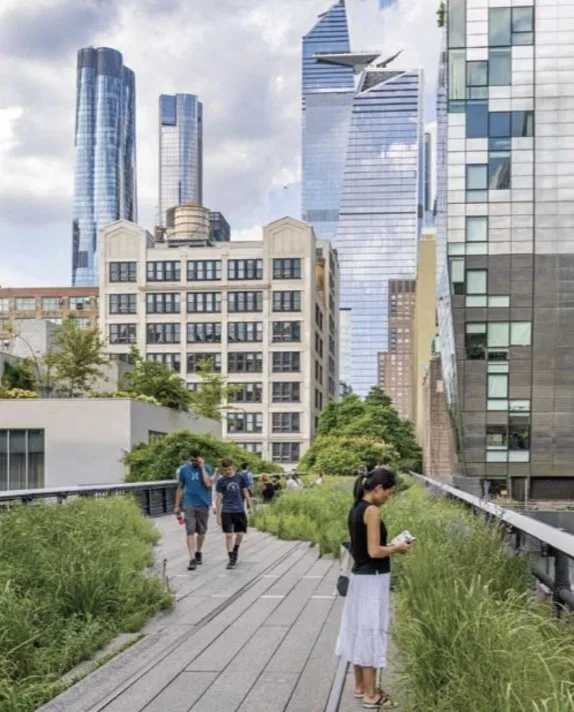When one hears sustainability, usually green energy and recycling come to mind, but there is more to it, like finding ways for Jackson Heights to remain a culturally and ethnically sustainable neighborhood, according to Cornell Professor Arturo Ignacio Sanchez.
The lecture about Jackson Heights Sustainability took place at the Jewish Center of Jackson Heights on Thursday, August 5. The event was sponsored by Councilmember Daniel Dromm and the North Central Queens Working Families Party Club.
Sanchez, a native of Colombia, who teaches at the Department of City and Regional Planning at Cornell University in Ithaca and spends his summers in Jackson Heights, outlined the variety of struggles within a community that cause it to change and develop.
“Gentrification is a positive process,” said Sanchez, “but it brings unintended consequences like displacement of local businesses due to increasing real estate values.”
Sanchez pointed out how the LGBT community struggled for acceptance in Jackson Heights. Twenty years ago Julio Rivera was murdered for being gay on the corner of 78th Street and 37th Avenue. Today, the LGBT community has an increasingly strong presence in the community and enjoys a far-wider acceptance than in the past.
Ethnic biases have also come a long way, he said. In the past renaming streets to recognize immigrants or ethnic parades were met with disdain by many locals, but now the Colombian, the Bolivian, and the Ecuadorian parades are looked forward to.
“Colombians were throwing flowers to celebrate qualifying for the World Cup,” said Sanchez, “but people thought they were throwing cocaine.”
As part of the development process of a neighborhood, gentrification also can cause tension, he said. The new gentry are most commonly white and well-educated people who move from Brooklyn or other gentrified neighborhoods that have become too expensive.
Sanchez talked about how new-comers bring in a good income and demand for goods, so they are quickly followed by chain stores. Once those big names settle in, property values in the vicinity begin to climb and sooner or later force small private businesses to close up shop or move because the rent rates are too high.
He said one possible solution is to block rezoning proposals that aim to allow commercial development. Local politics can be a powerful tool to give incentive for small-businesses to keep operating at their original locations. If a way to control rent increases is devised, it can be a major deterrent to displacement, he said.
“Do I have a solution?” Sanchez asked the audience, “No! But I gave you an idea of what the problem is and some possible ways to resolve it.”





































